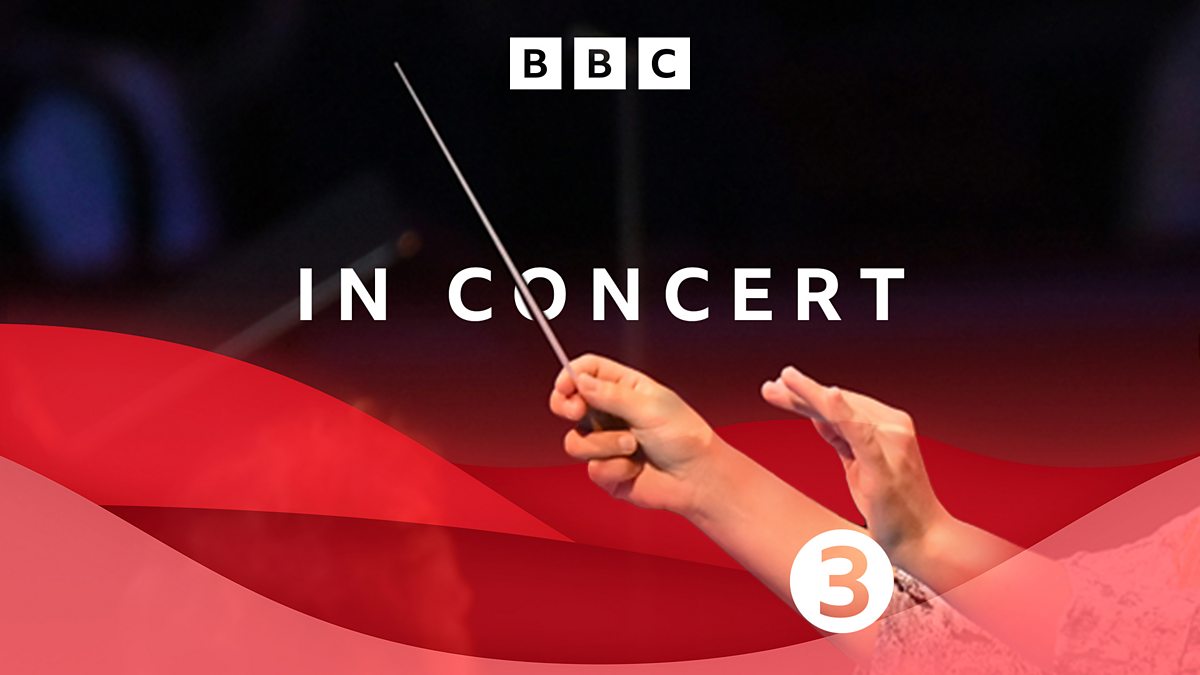On R3 last night (Tuesday, recorded) at St Jonn's, Smith Square.
This was a 'reconstruction' of Messiah, by John Butt, as it might have been first performed in Dublin. Some of the numbers are changed (in length and in pitch) but all was largely familiar. The performance style was 'of today' i.e. small band (no oboe) fast tempi and thin, straight, string sound.
Alto arias were taken by two very fine contraltos (Meg Bragle and Esther Brazil) which is a departure from our current norm.
I enjoyed it very much, but a strange thing is happening to me in my old age! I don't want to return to the stodgy tempi and textures of yesteryear, but I wish someone would conjecture that in Handel's day things might not have been quite so slick and quick. Come one that person! There's a PhD waiting for you.
This was a 'reconstruction' of Messiah, by John Butt, as it might have been first performed in Dublin. Some of the numbers are changed (in length and in pitch) but all was largely familiar. The performance style was 'of today' i.e. small band (no oboe) fast tempi and thin, straight, string sound.
Alto arias were taken by two very fine contraltos (Meg Bragle and Esther Brazil) which is a departure from our current norm.
I enjoyed it very much, but a strange thing is happening to me in my old age! I don't want to return to the stodgy tempi and textures of yesteryear, but I wish someone would conjecture that in Handel's day things might not have been quite so slick and quick. Come one that person! There's a PhD waiting for you.


 - a bugbear of my own. (I wonder idly how a performance from Sage, Gateshead would have been announced?)
- a bugbear of my own. (I wonder idly how a performance from Sage, Gateshead would have been announced?)

Comment